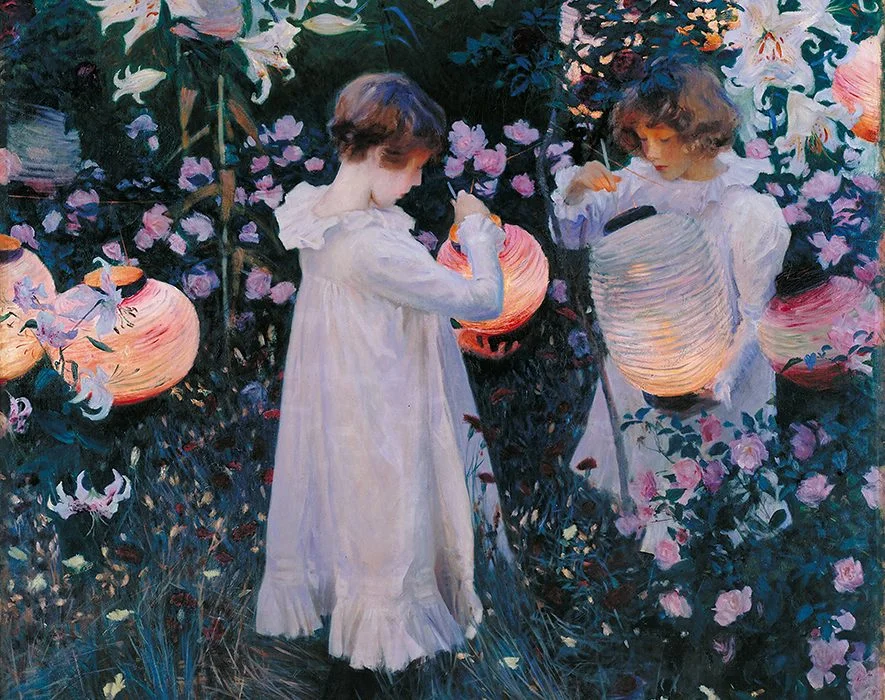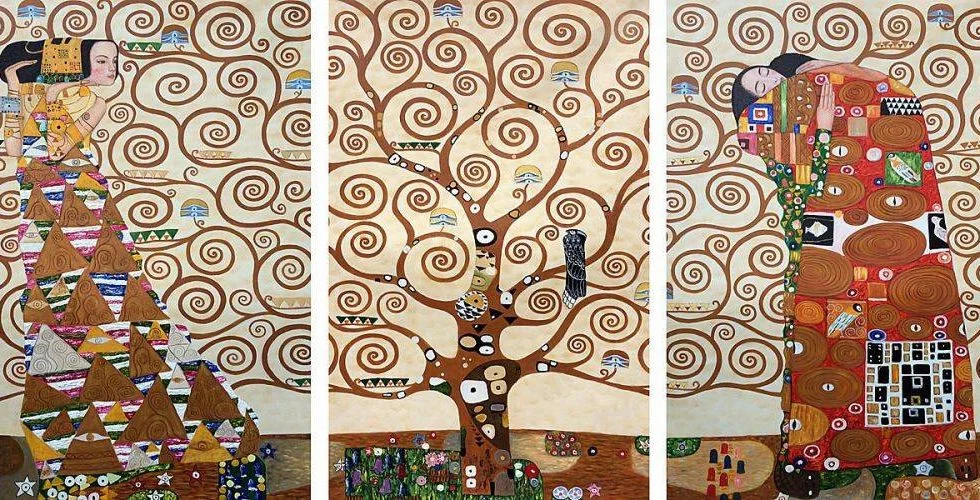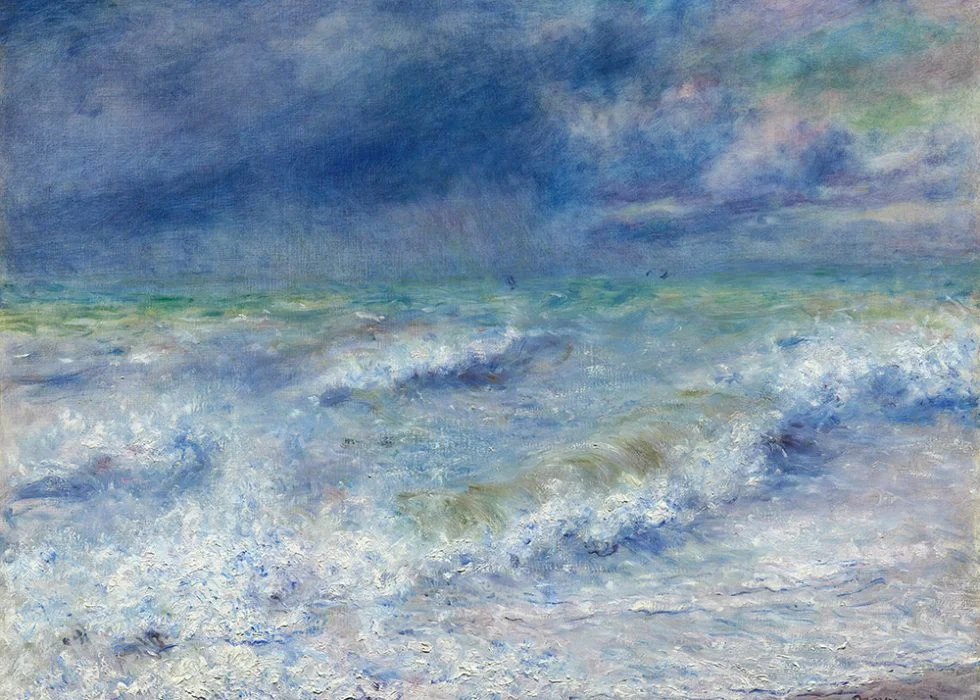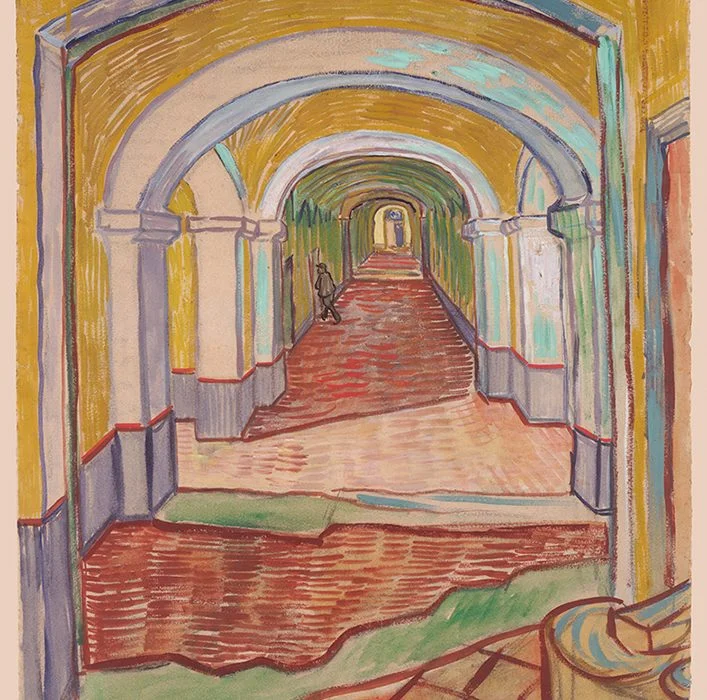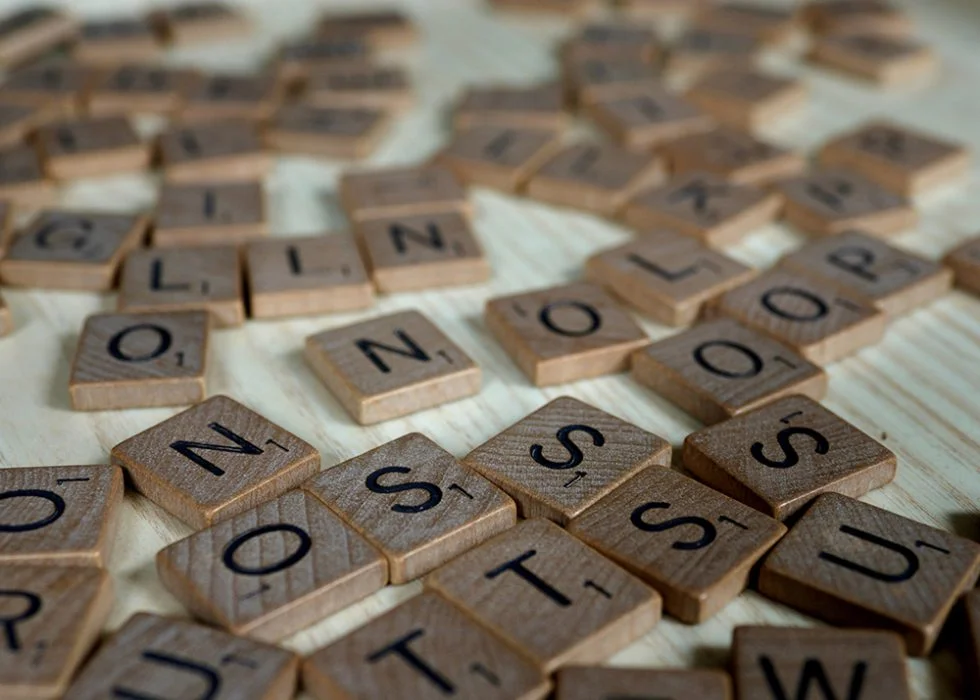Self-Knowledge • Growth & Maturity
The Life-Saving Nature of Poor Memories
We tend to worry intensely about signs that our memories might be failing us. We curse if we can no longer remember the name of an acquaintance, if a fact escapes us, if we realise we went all the way to the shops and clean forgot an item we’d set out to buy.
But whatever the frustrations of these slips, we should in reality be boundlessly grateful for any evidence of the faultiness of our memories. Far from lamenting that we let certain things go, we should long to have far worse memories than we have.

Were it not for our ability to forget, we would be forced to be in a turmoil of regret and grief pretty much every hour, for to never forget is to be permanently pressed up against the worst collisions between our wishes and the horrible course of reality. If we didn’t forget as well as we do, we would need to remember with shocking vividness some of the following:
— The day our first partner left us.
— The day our exam results came and with them the end of our dreams about a certain university.
— The day we were fired.
— The day we fell out with our best friend.
— The day we said or did a ridiculous thing and everything changed.
— The day the cardiac surgeon took us into their office and gave us the news.
— The day the pain started in our leg.
— The day we got divorced.
— The day our father died.
— The day we were disgraced— The day we lost the business.
We all have such a list – or will do soon enough. The miracle is that however atrocious it may be, however much we feel at the time that nothing can ever be the same again, that life will be utterly senseless given what has just happened, our minds are astonishingly skilled at not insisting on keeping our losses perpetually in view. With a miraculous beneficence, after a period of torture, they do eventually let go of many of the details of the devastating event that made us feel that we would never be able to survive.
For days and months, it continues to seem like yesterday that our friend died or that we were cast out of society. For a long time, every morning begins with the same shocking realisation of our stupidity and error. But then, so gradually as to be almost imperceptible, contrary to our despair, we begin to overlook our previous reality – when our friend was still alive, when we still had our good name, when we were still loved – and the horror begins to loosen its grip. We aren’t happy; we just lose sight of what happiness was once like.
We lose an active sense of contrast between then and now The terrible event becomes a settled part of our histories. We become to ourselves ‘the person who had to be fired’, or ‘the person whose dad had to die when they were only 22…’ or ‘the person whose marriage was going to fall apart after just four years.’
We can look at our idiocy and ill fortune and retain a melancholy basic equanimity. We no longer think we need to die. We can on occasion even smile a little because we have forgotten so much about the life we have lost.
It’s no doubt frustrating to forget our passport or the dates of a civil war. But these failures sit on top of a seismic advantage. We are able to endure our sufferings not because we are wise, but because we have such wonderfully poor memories.


















